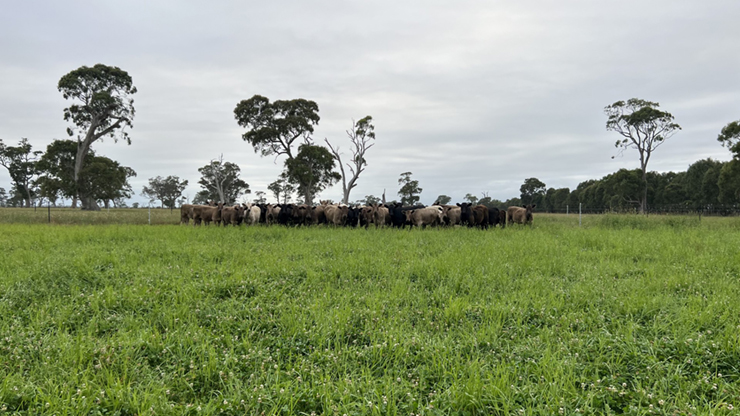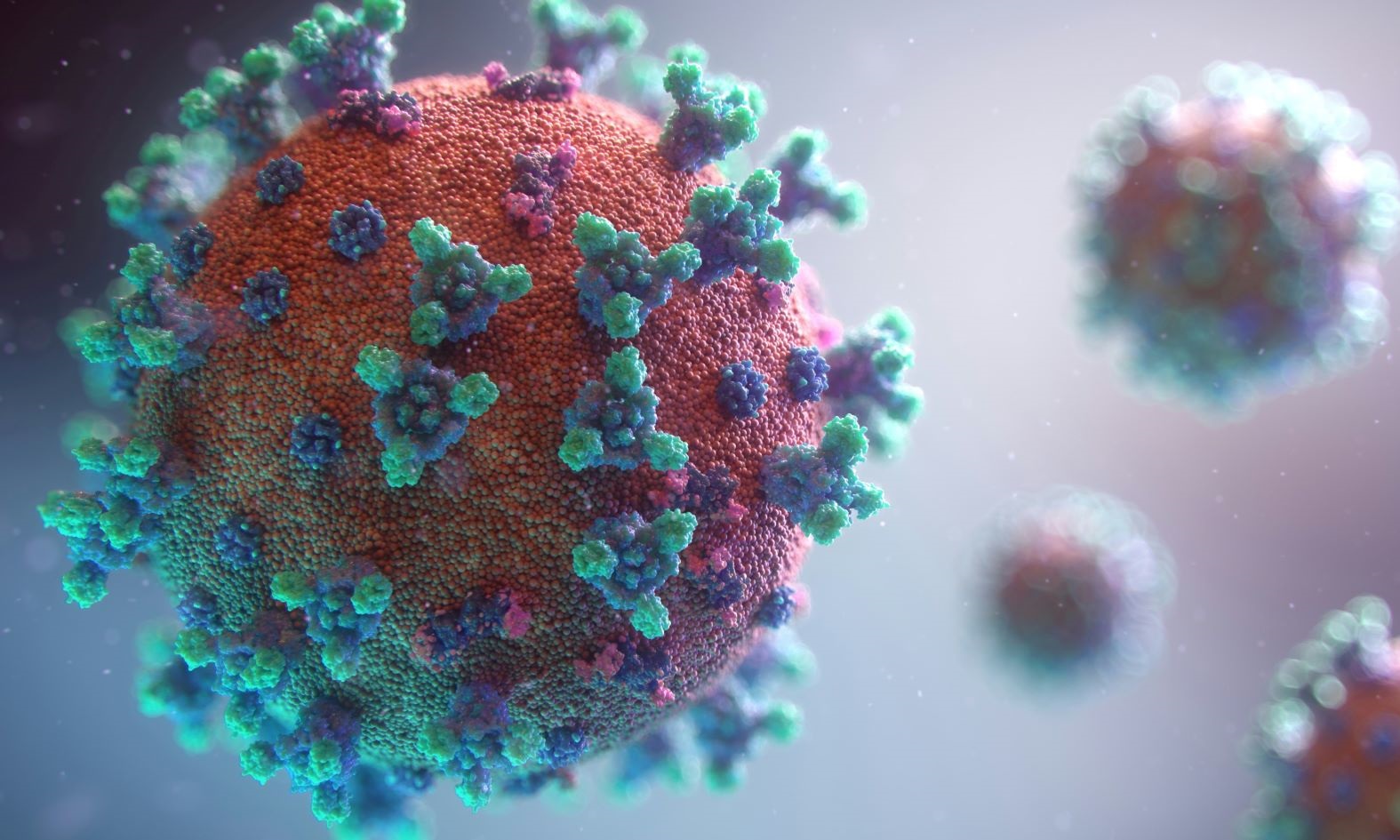The Albury Hospital campus is set to transform following the release of the concept design for the new $558 million Albury Wodonga Regional Hospital project.
The Albury Hospital campus will consolidate complex care on one site, which will improve safety for patients, reducing the duplication of services and the need for urgent travel between the Wodonga and Albury campuses.
It will pave the way for a future transformation of the Wodonga Hospital Campus to a non-emergency care hub whilst supporting the border community now and into the future with these major improvements and upgrades.
The Albury Wodonga Regional Hospital project will support the region’s growing population, providing contemporary models of care and better connectivity across the Albury Hospital Campus.
The Albury Wodonga Regional Hospital project includes a new 7-storey Clinical Services Building, addressing the evolving needs of the Border communities with cutting-edge medical technology and infrastructure.
The project will deliver a mix of new and refurbished facilities and is expected to include:
- More than 80 additional new beds for medical and surgical inpatients across 3 new inpatient units with 60 per cent single rooms and remainder in double rooms.
- New and enhanced Intensive Care Unit (ICU)
- Enhanced Maternity and birthing services, including a special care nursery
- 32 bed Mental Health inpatient unit to replace and expand the existing Nolan House current 24-bed service
- New surgical and operating theatres, including a hybrid theatre plus procedure room
- New Cardiac Catheter Lab
- New central sterile supply department adjacent to theatres
- Expanded ambulatory care, cardiac diagnostics and allied health therapies
- New hospital main entrance and public drop-off zone from Keene Street, Aboriginal Family Lounge, Multi-faith Centre and retail opportunities
- Additional at grade and multi-storey car parking
Numbers will be finalised as planning and design progresses.
The refurbishment of the current ICU space and existing theatres will provide additional points of care for the Emergency Department, a new six-bed Mental Health and Alcohol and Other Drugs Unit, and new and upgraded pharmacy and pathology facilities.
A new multi-storey car park and better designed car parking spaces on ground level will be delivered to increase parking capacity on the Albury site with the number of spaces to be confirmed as planning progresses. In addition, to facilitate construction of the new clinical services building, a new building to be known as the Northeast building, will be built as part of early works to support the relocation of services, also providing opportunities for future service expansion.
The new clinical services building will offer expansive views across the region and a connection to the local landscape, along with new outdoor areas and spaces to support the healing and wellbeing of patients, staff and visitors.
When the Albury Wodonga Regional Hospital project is complete, the Wodonga Hospital campus will offer a range of non-emergency services to the region, including day procedures, dialysis, subacute care such as rehabilitation, treatment for patients with chronic medical conditions, outpatient appointments and consultations, allied health including physiotherapy and social work.
Planning and design for the Albury Wodonga Regional Hospital has been informed by consultation with key stakeholders including Albury Wodonga Health Service staff, Albury Council, Wodonga Council, NSW and Victoria government agencies, the local Aboriginal community, the Project Community Advisory Group and the broader Albury Wodonga community.
Through consultation, clinical services have been prioritised to meet the immediate and growing needs of the community and ensure building works can commence sooner. During this process, patients requiring transport to a more specialised hospital for more urgent and acute care will continue to be safely and effectively managed from the nearby Albury Airport.
The Clinical Services Building is designed to enable future expansion, including space for a new paediatrics inpatient unit; operating theatre expansion; additional consulting rooms and education and library spaces. These spaces will be fitted out in stages within the available budget.
The community is encouraged to view and provide feedback on the latest designs via an online survey and at a series of in person and online staff and community information sessions taking place in Albury, Wodonga and surrounds.
Feedback on the concept design will be used to inform the next stage of design and support the development of necessary planning requirements.
For further information about the redevelopment visit:
Quotes attributable to NSW Health Minister Ryan Park:
“The release of the concept design is an exciting step forward in the delivery of the new Albury Wodonga Regional Hospital, which will provide enhanced and expanded health care services in a contemporary health facility.
“The transformation of the Albury Hospital site will consolidate complex care on one campus, which will improve safety for patients and ensure better health outcomes for the community.
“Importantly, it will provide our dedicated health staff with a modern and fit-for-purpose working environment, which will help attract more health professionals to the Border communities of Albury and Wodonga to meet future demand.
“Engaging with staff, clinicians, and the broader community is essential to the planning and design of the new hospital, and I encourage everyone to visit the project website and participate at upcoming information sessions, to provide feedback and learn more about this exciting project.”
Quotes attributable to Victorian Minister for Health Infrastructure Mary-Anne Thomas:
“We are working with NSW and the Commonwealth to deliver our promise of a bigger and better health service for the growing border communities of Albury Wodonga – delivering more health care for locals, closer to home.”
“We have a strong record of investing in regional health services and this project will help strengthen Albury Wodonga’s footing as a health hub for the entire region.”








